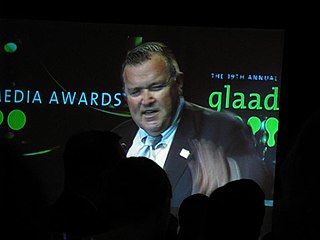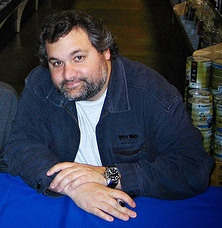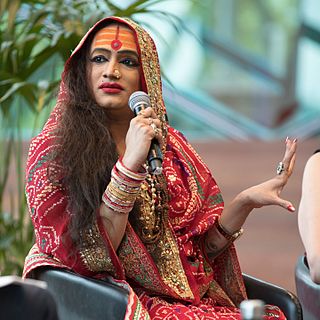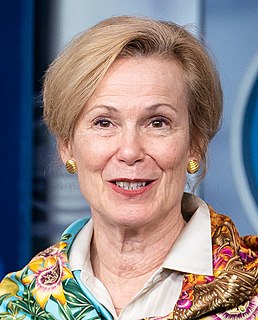A Quote by Elizabeth Flock
In the 1980s and the 1990s, when HIV hit its peak, the gay community was at the forefront of the fight against the silent killer.
Related Quotes
When I first came up, the whole AIDS epidemic was starting, and the gay community that I experienced from the beginning of my career was mostly - and overwhelmingly - concerned with staying alive. And, also, I felt really aware of the preciousness of life and time. The gay community and people who were HIV-positive were treated so badly, and I was very disturbed by things. But I also saw a lot of love and connection in the gay community at that time.
Most pastors railing against gay marriage have never cried out on racism, any type of injustice or police brutality. They've never once made a statement about health care. Many of them are silent on community issues. They are very silent, but they have become the leaders of this particular movement.
Drug warriors' staunch opposition to needle exchanges to prevent the spread of HIV in addicts delayed the programs' widespread introduction in most states for years. A federal ban on funding for these programs wasn't lifted until 2009. Contrast this with what happened in the U.K. At the peak of the AIDS epidemic in the mid-1990s, the HIV infection rate in IV drug users in the U.K. was about 1%. In New York City, the American epicenter, that figure was 50%. The British had introduced widespread needle exchange in 1986. That country had no heterosexual AIDS epidemic.
"Let's say we discover the gene that says the kid's gonna be gay. How many parents, if they knew before the kid was gonna be born, [that he] was gonna be gay, they would take the pregnancy to term? Well, you don't know but let's say half of them said, "Oh, no, I don't wanna do that to a kid." [Then the] gay community finds out about this. The gay community would do the fastest 180 and become pro-life faster than anybody you've ever seen. ... They'd be so against abortion if it was discovered that you could abort what you knew were gonna be gay babies."
When we, hijras, started our activism, we had to tell people, "We exist, we are humans. Please give us nothing but our basic dignity." The biggest misery in the world, I believe, is the feeling of being unloved, and that this community faces a lot. You're not even considered to be human. You're considered transparent. We were ignored until we started organizing, when HIV first became a factor. Even in the HIV world, people could not believe that hijras have sex. And then also we were put in the category of men having sex with men, the gay community.
I can remember in the late 1980s and early 1990s how many men with AIDS I saw everywhere in Key West. There were hospices and medical supply stores geared to people with AIDS. It seemed that every sick man who could afford it had headed for the warmth and the tranquillity and the gay-friendliness of the island.


































